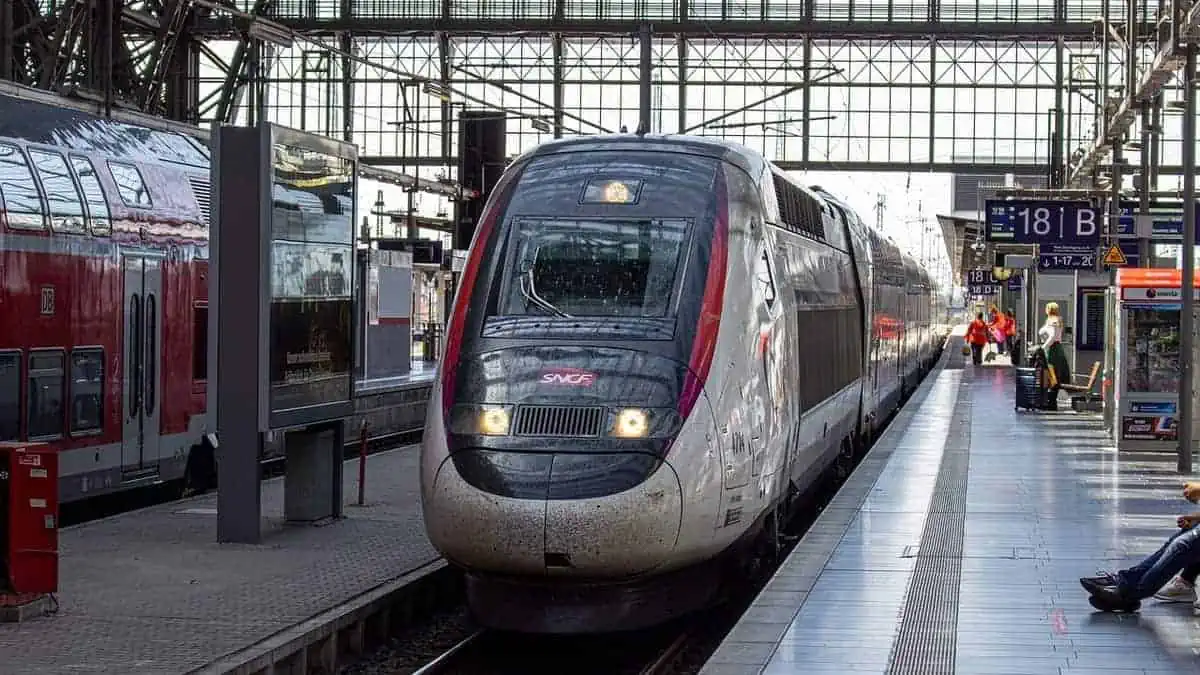American startup Rivian just denied records claiming it was planning to produce electric vehicles with German legacy automaker Volkswagen, Reuters reports.
Focus remains on in-house production
On Tuesday, Rivian clarified it had no plans to expand its electric vehicle production to Volkswagen’s factories.
The announcement came in response to a German media report claiming that Rivian was in early discussions with VW to expand their recently formed software development alliance.
“There are no plans for production of vehicles with Volkswagen Group.”
Rivian spokesperson said in an email
The spokesperson further outlined that Rivian’s focus remains on in-house electric vehicle production. The company still aims to produce its new R2 at its plant in Normal, Illinois, and will then expand production at a planned Georgia factory.
VW previously announced plans to produce Scout EVs at the new South Carolina plant in 2026. Interestingly, Scout also denied the news.
“We have not had any conversations about producing Rivian vehicles.”
Scout Motors spokesperson
Rivian stock fell following the news
German newspaper Handelsblatt reported that Rivian and Volkswagen are exploring the potential to expand their partnership from software development to electric vehicle production.
Specifically, the report claimed that Rivian plans to produce its smaller and cheaper R2 electric SUVs at Volkswagen’s upcoming South Carolina factory.
Rivian shares slightly declined 1.5% in extended trade following Rivian’s denial of potential production collaboration with the German automaker.
Software collaboration in place
Volkswagen Group announced Tuesday that it would invest up to $5 billion in Rivian, starting with a $1 billion in capital.
The potential to reach the maximum $5 billion investment is contingent on Rivian meeting “certain milestones.”
The joint press release revealed that the two electric vehicle players are considering establishing a new joint venture to develop “industry-leading” vehicle software technology. While VW is still analyzing whether a JV could be established, it clarified plans to invest another $4 billion if such a JV “would be established successfully.” This major investment will aid Rivian in delivering its new R2 models.
Initially, the partnership will allow the German Group to leverage Rivian’s existing E/E architecture (electrical/electronic architecture) and software platform for its products, which are key technologies that legacy automakers have struggled to develop.





